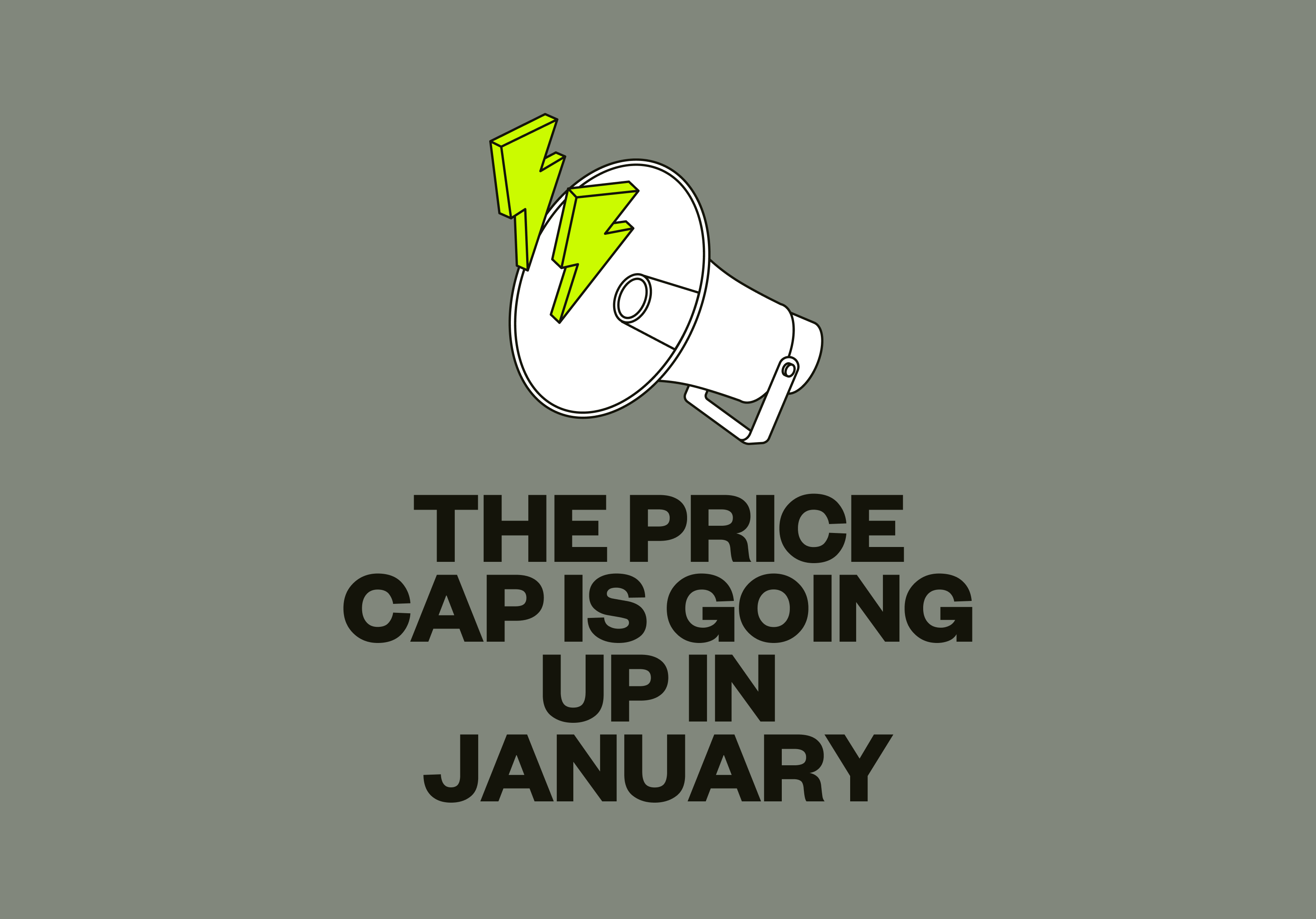June 2023
Fixed price tariff vs standard variable tariff: which is best for you?
It’s important to understand what energy tariffs are and how to choose what’s best for you.

It’s important to understand what energy tariffs are and how to choose what’s best for you. In this blog, we take you through what types of tariffs there are and other considerations to take on board before deciding. If you'd like to stay in the know with all things energy and product updates via email, you can opt-in to marketing via your online account. Just log in and visit the personal details section to opt in.
What is a fixed price tariff and how does it work?
When you’re on a fixed rate tariff, your unit rates and standing charge rate will not change for that duration. So if you enter into a 12 month fixed price tariff, your unit rates and standing charge rate will remain fixed for that duration.
However, that doesn't mean your bills or direct debit will be fixed. If you use more, your bill will be higher. You’ll just be charged the same for every unit of energy you use.
What is a standard variable tariff and how does it work?
A standard variable tariff, or an SVT, is a default energy tariff. The unit prices and standing charge you pay can fluctuate in line with global energy price changes or if Ofgem, the energy regulator, change their price cap. This means that even if you use the same amount of energy, your bills can go up each month.
Benefits of fixed rate tariff
- The main attraction for customers is having stability over what they pay. This means being able to budget better knowing your prices will remain the same for the duration of the contract.
- You have protection from fluctuations in the energy market. If you were on a standard variable tariff you would be affected by these changes.
Potential drawbacks of fixed rate tariffs
- If you leave a fixed rate tariff before it ends then a supplier will charge you an early exit fee. Ofgem has stated you cannot be charged this if you leave within the last 7 weeks of your contract.
- You might have less flexibility. So if Ofgem lowers the energy price cap to less than what you pay, you won’t receive that benefit.
Benefits of standard variable tariffs
- You have more flexibility on deciding what you think is right. This is because you are not in a long-term commitment.
- There could be lower prices at different points in the market. Being on a standard variable tariff means you can explore these options.
- Switching to another tariff or supplier will be easier as there are no exit fees involved.
Potential drawbacks of standard variable tariffs
- The main thing to consider is being at the whim or price volatility and unpredictable bills.
- Because of the unpredictability, some people may find it harder to budget and plan around their energy bills.
- They’re also usually just more expensive, meaning you lose out of the savings involved with a fixed price tariff.
What’s best for you?
Whether you choose to remain on a standard variable tariff, or a fixed rate tariff, will depend on a few factors.
If you’re a homeowner or on a longer-term rental, opting for a fixed price tariff might make more sense. But if you’re on a short-term lease, you might prefer not being locked into a contract. Circumstances change, and not having that flexibility might not sound too appealing for you.
Understanding that energy prices can go up and down is also very important when deciding. A fixed rate tariff gives you more peace of mind to know what you’re paying and for how long.
Whether you decide to stay on our standard variable tariff or switch to a fixed rate tariff, you’re getting great value. We’re committed to reaching a cleaner and greener future by providing excellent customer service and being transparent about energy.
Key questions and answers
- Can I negotiate a deal with my energy supplier? Ofgem has ruled that consumers cannot negotiate with their energy suppliers. This is only possible for business energy accounts.
- Are there any fees or penalties for switching tariffs? Usually leaving a fixed rate tariff will incur some form of exit fee. If you choose to leave your So Energy fixed rate tariff early, you'll be asked to pay an exit fee. You can view your early exit fees inside your online account through here.
- How often should I review and compare energy tariffs? This is subjective, but if your current fixed tariff is coming to an end, you'll want to consider your options.


%202.webp)

.webp)


